Navigating adulthood feels harder when foundational lessons were missed.

It sometimes feels like there’s a hidden instruction manual for “adulting” that some of us never received, doesn’t it? While our school days were packed with algebra, historical dates, and the periodic table – all valuable in their own right – there’s a growing sentiment that certain practical, everyday skills somehow slipped through the cracks of the curriculum. These aren’t obscure talents but foundational abilities that can make the difference between feeling competent and feeling perpetually overwhelmed by the demands of independent life.
This isn’t about nostalgia for a bygone era or a wholesale critique of modern education; it’s more of an observation about the evolving landscape of what it means to be prepared. As academic pressures mounted and standardized testing took center stage, some of the more hands-on, life-oriented lessons quietly faded. Now, many adults find themselves learning these vital skills through trial and error, YouTube tutorials, or not at all, leading to unnecessary stress and a feeling of being ill-equipped for what life throws their way.
1. Real-world financial literacy was often just a footnote.

Remember sitting through economics class learning about macroeconomic theories? While interesting, what many of us really needed was a solid grounding in personal finance: how to create and stick to a budget, the nitty-gritty of understanding credit scores, the implications of different types of loans, or even how to file basic taxes without breaking into a cold sweat. These were the skills that could have set us up for a smoother transition into managing our own money instead of learning through costly mistakes, Nick Morrison at Forbes reported.
Today, countless adults struggle with debt, feel bewildered by investment options, or live paycheck to paycheck, partly because the foundational knowledge of how money works in a practical sense was never formally taught. The anxiety around financial planning is palpable for many, leading to avoidance or poor decisions. Imagine the confidence boost if we’d left school knowing how to balance a checkbook (even a digital one!) as well as we knew how to dissect a frog. It’s a different kind_of critical understanding.
2. Home economics skills have become almost artisanal.

There was a time when “home ec” was a staple, teaching basics like simple cooking, how to sew on a button, manage a household, or even understand basic nutrition from a practical standpoint. These weren’t just quaint domestic skills; they were lessons in self-sufficiency and resourcefulness. Learning to prepare a few simple, healthy meals or mend a garment could save money and foster a sense of capability that many now feel they lack, as mentioned by editors at Positive Action.
The decline of these programs means many adults rely heavily on expensive takeout, pre-packaged foods, or fast fashion, contributing to both financial strain and environmental waste. The simple act of knowing how to cook a nutritious meal from scratch or perform a minor clothing repair can feel like a superpower, yet it’s a skill many are now learning later in life, often out of sheer necessity. This gap highlights a shift away from teaching practical daily living competencies.
3. Constructive civics and community engagement felt abstract.

Understanding how local government works, how to participate meaningfully in community decisions beyond just voting, or how to engage in respectful civic discourse seems to be a lost art for some. While history classes covered governmental structures, the practical application – how to effectively voice a concern to a city council, understand local ballot measures, or contribute to community initiatives – often wasn’t emphasized. These skills are crucial for a functioning society and an empowered citizenry.
Many adults today feel disconnected from their local communities or unsure how to make their voices heard effectively. There can be a sense of helplessness or cynicism about civic processes because the pathways to engagement weren’t clearly illuminated. Learning how to be an active, informed participant in one’s own community is a skill that fosters connection and creates tangible change, something far more impactful than just memorizing branches of government, according to Shaunak Patel at Medium.com.
4. Cursive writing has largely gone the way of the quill.

Okay, so maybe knowing how to write in flowing cursive isn’t essential for everyday survival in the digital age, but its decline represents a loss of a different kind. For generations, cursive was the standard for personal correspondence, and its unique letterforms were a hallmark of formal education. Beyond aesthetics, some argue that learning cursive improves fine motor skills and can even aid in reading historical documents in their original script.
The practical struggle for adults today isn’t usually about an inability to write a grocery list, but there’s a subtle disconnect when faced with older documents or even a beautifully handwritten card from a grandparent. More symbolically, it represents a tangible skill that connected generations, and its absence means a piece of that shared literacy has faded. While keyboarding is undeniably crucial, the loss of cursive feels like a small but noticeable severing from a particular kind of personal expression.
5. Basic automotive knowledge is often learned roadside.
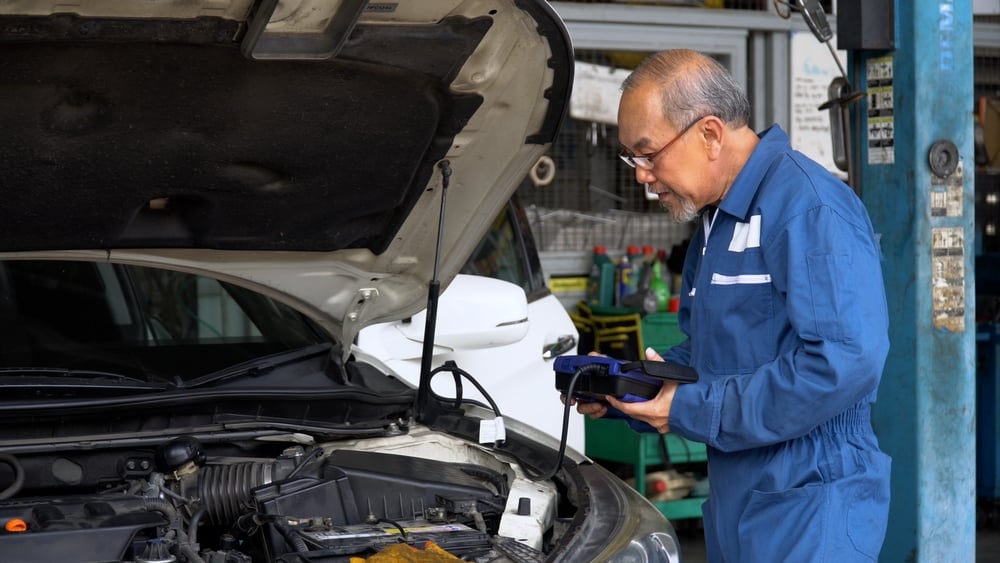
For many, a car is a significant investment and a daily necessity, yet basic car maintenance skills – like how to check oil levels, change a tire, jump-start a battery, or even understand what those dashboard warning lights mean – are often not taught. This lack of knowledge can lead to a complete reliance on mechanics for even the simplest issues, potentially incurring unnecessary costs and a sense of helplessness when something goes wrong.
Adults who never learned these basics can feel particularly vulnerable when faced with car trouble, especially in inconvenient or unsafe locations. The stress of not knowing whether a problem is minor or major, or being unable to perform a simple fix, adds a layer of anxiety to car ownership. A little bit of automotive education could empower drivers, save money, and prevent minor issues from escalating into costly repairs, fostering a greater sense of self-reliance on the road.
6. Manual arts and workshop skills are increasingly rare.
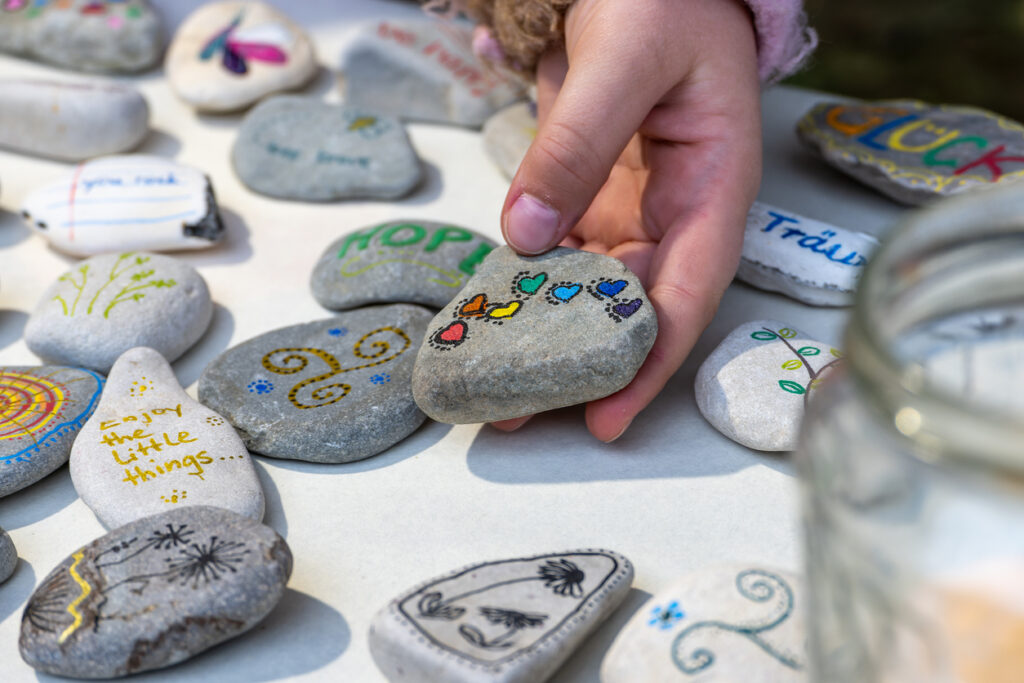
Shop classes, where students learned woodworking, metalworking, or basic mechanics, offered more than just vocational training; they taught problem-solving, spatial reasoning, and the satisfaction of creating or repairing something tangible with one’s own hands. These skills translate into an ability to perform simple home repairs, understand how things are constructed, and approach physical tasks with confidence.
Today, many adults feel completely inept when faced with assembling flat-pack furniture, hanging a picture straight, or fixing a leaky faucet. There’s a growing disconnect from the physical world and how things work, leading to a reliance on calling (and paying) for help for tasks that might have once been commonplace. The decline in these hands-on skills means a loss of practical ingenuity and the unique sense of accomplishment that comes from manual competence.
7. Nuanced communication and conflict resolution skills were overlooked.

While schools often focus on academic debate or presenting information, the softer, more nuanced skills of interpersonal communication – active listening, expressing needs clearly and respectfully, de-escalating conflict, and giving and receiving constructive feedback – are rarely explicitly taught in a comprehensive way. These are the skills that underpin all healthy relationships, both personal and professional.
The struggle for adults lacking these abilities is evident in workplaces rife with misunderstandings, strained family dynamics, and friendships that falter due to poor communication. Many find themselves ill-equipped to navigate disagreements constructively, leading to resentment or avoidance. Learning how to truly connect with others and resolve differences peacefully is a fundamental life skill that impacts well-being far beyond any academic achievement.
8. Practical time management and organization went beyond planners.
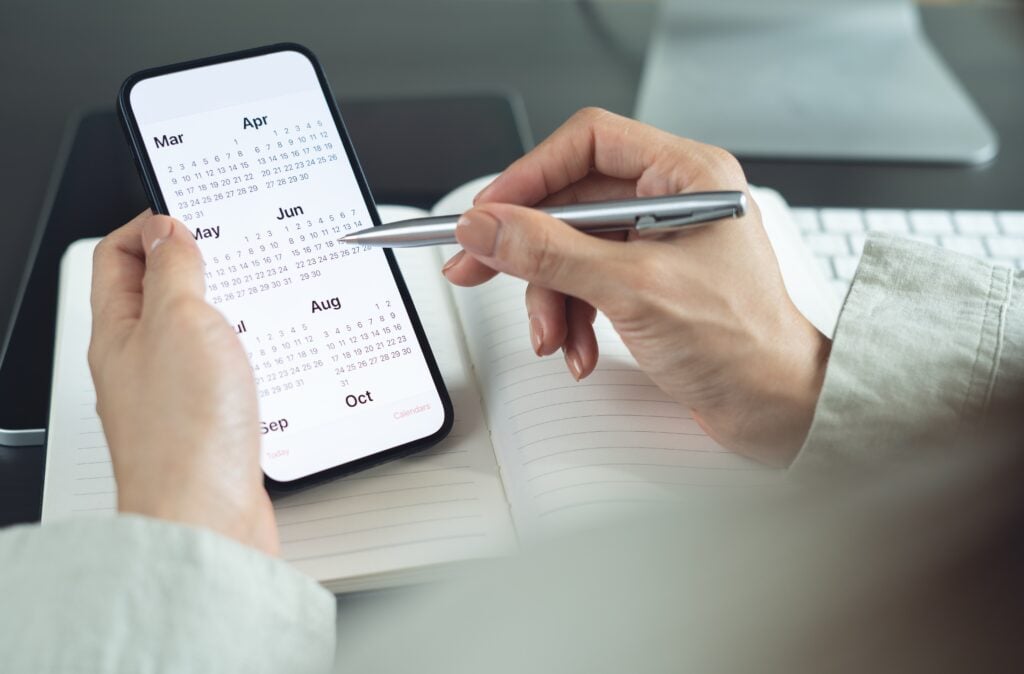
Sure, we were told to use planners and meet deadlines, but the deeper skills of effective time management – prioritizing tasks, breaking down large projects, combating procrastination, and creating sustainable organizational systems for life, not just for homework – often weren’t part of the curriculum. These executive functioning skills are crucial for navigating the complexities of adult responsibilities.
Many adults today feel perpetually overwhelmed, constantly juggling to-do lists, and struggling with focus and productivity. The lack of foundational training in how to manage one’s time and energy effectively can lead to chronic stress and a feeling of always being behind. Understanding personal workflow and developing strategies for staying organized could significantly reduce anxiety and improve overall life satisfaction.
9. Developing resilience and coping with failure wasn’t a subject.

Life is full of setbacks, disappointments, and outright failures, yet schools traditionally emphasized success and getting the “right” answer, often without explicitly teaching students how to cope when things go wrong. The ability to bounce back from adversity, learn from mistakes, and maintain a positive outlook in the face of challenges – resilience – is a cornerstone of mental well-being.
Adults who weren’t equipped with these coping mechanisms may struggle intensely with criticism, fear taking risks, or become easily discouraged by obstacles. Perfectionism and a paralyzing fear of failure can hinder personal and professional growth. Integrating lessons on emotional regulation, problem-solving during difficult times, and reframing failure as a learning opportunity could have better prepared students for the inevitable ups and downs of adult life.
10. Critical media literacy is more vital than ever.

In an age of information overload and rampant misinformation, the ability to critically evaluate sources, discern bias, identify propaganda, and understand the influence of media is an absolutely essential skill. While English classes might touch on analyzing literature, a dedicated focus on modern media literacy across various platforms often seemed to be missing.
The consequences are clear: many adults struggle to navigate the digital landscape, falling prey to fake news, echo chambers, or manipulative online content. This can impact everything from personal beliefs and health choices to political understanding and social cohesion. Equipping students with the tools to be discerning consumers and creators of media is fundamental for informed citizenship in the 21st century.
11. Basic first aid and health navigation were not standard.
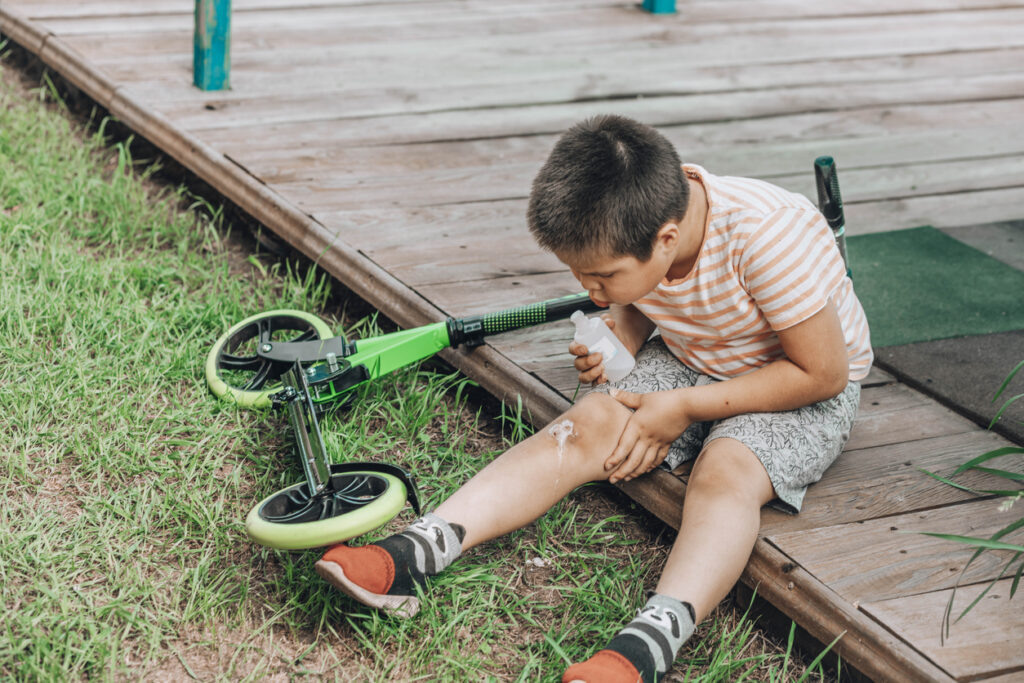
Knowing how to respond in a minor medical emergency – performing basic CPR, treating a burn, knowing when to seek medical attention versus managing at home – can be life-saving. Furthermore, understanding how to navigate the healthcare system, interpret medical information responsibly, or advocate for one’s own health needs are crucial skills often learned through stressful, urgent situations.
Many adults feel anxious or unsure when faced with health concerns, whether their own or a family member’s. A lack of basic first aid knowledge can lead to panic or improper care in critical moments. Similarly, not understanding health insurance jargon or how to communicate effectively with medical professionals can be a significant barrier to receiving good care. Foundational health literacy empowers individuals to take better charge of their well-being.
12. Spatial awareness and non-digital navigation have waned.

With the ubiquity of GPS, the skill of reading a physical map, understanding cardinal directions without a compass app, or generally navigating using landmarks and spatial awareness has significantly declined. While technology is convenient, an over-reliance on it can leave individuals feeling lost and disoriented if their devices fail or they’re in an area without service.
The struggle isn’t usually about being stranded in the wilderness, but more about a subtle erosion of independent spatial reasoning. For adults, this might mean feeling less confident exploring new places or having a poorer innate sense of direction. There’s a certain self-assurance that comes from being able to orient oneself and navigate the physical world without solely depending on a digital prompt, a skill that fosters a different kind of engagement with one’s surroundings.
13. The art of formal correspondence has faded significantly.
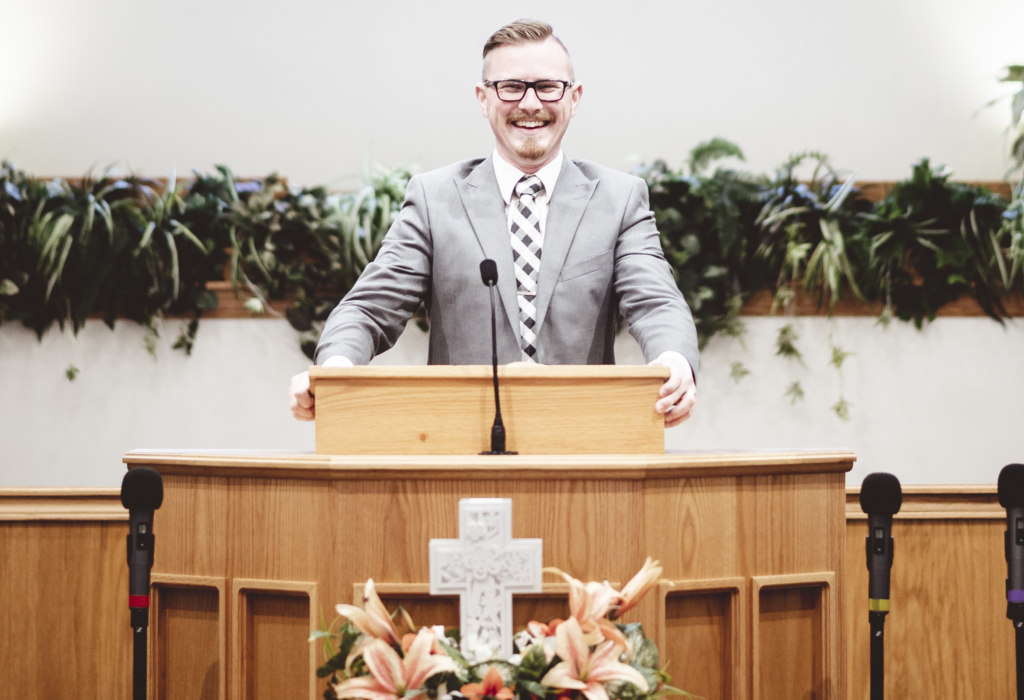
Knowing how to compose a formal letter, whether for a job application cover letter, a polite complaint, a thank-you note for a significant gesture, or other professional or serious correspondence, is a skill that seems to have diminished. In an era of emails, texts, and social media DMs, the nuances of formal tone, structure, and etiquette in written communication are often lost.
Adults may struggle when faced with situations requiring more than a casual electronic message, potentially appearing unprofessional or failing to convey the appropriate respect or seriousness. While digital communication is efficient, understanding the conventions of formal writing is still valuable for certain interactions. The lack of this skill can sometimes hinder opportunities or lead to misinterpretations in important contexts where a more traditional approach is warranted.
